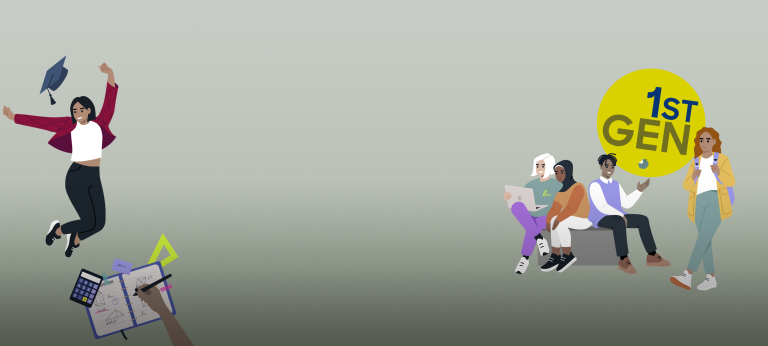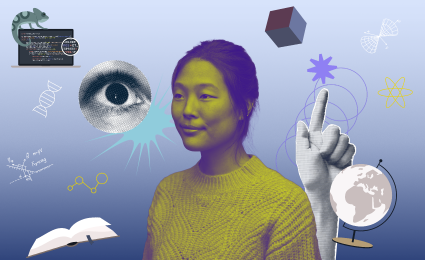

Eric, Consultant
"My advice would be to try things out, even things you may not feel completely confident about or are unfamiliar with. It is also helpful to connect with as many different people as possible, ask questions, exchange ideas, and build a network."
Tell us about your path to Roland Berger!
My academic journey began in Dresden, Germany, which is the closest city to where I grew up. There, I completed my Bachelor's degree in International Business at the University of Applied Sciences. During my Bachelor's program, I spent a semester abroad in San Diego and completed an internship in Singapore, as well as various student jobs. I then completed my Master's in Management at the University of Mannheim and spent a semester abroad in Paris. During this time, I got to know Roland Berger through a university event and initially joined the firm through an internship.
What motivated you to be the first in your family to start studying?
After completing my Abitur, I never really saw any other path for myself than to study in some form. It was probably a mix of factors, including my interest in various subjects, the desire to see the world, or simply to try something new.
What challenges did you face and how did you overcome them?
Generally, there is a lack of information about paths for one's career – not that this information doesn't exist, but rather that one doesn't know how to obtain it. This is especially true for the time after the Abitur or at the beginning of the Bachelor's program, when I had no idea about pathways in business and didn't even know that the profession of a strategy consultant existed. I gradually gathered knowledge about it through encounters, events, or other coincidences. Because there is also a financial hurdle, even though not as significant in Germany as in other countries, I am glad that BAföG (student financial aid) covered most of the financial needs. I was also able to finance more expensive stints abroad through several student jobs.
What would you have liked to know earlier and is there anything you would do differently with your current knowledge?
That a lot of information is readily available, and you just need to know where to look. Additionally, especially as a student, you can quickly build networks and easily approach anyone at the university and in companies to ask questions.
With my current knowledge I would make even more use of the opportunities available as a student to discover new topics and interests and to meet people.
What was particularly important to you as a FirstGen student during your job search/decision for an employer?
Retrospectively, it is difficult to identify the most important criteria, and I wouldn't say that the criteria differ from those of other students, regardless of their background. In my opinion, it is not the selection criteria that differ, but rather the range of options that are available to FirstGen students.
Why did you decide to pursue a career at Roland Berger?
I had a very pleasant internship with smart and friendly colleagues and was able to demonstrate my abilities thanks to the trust placed in me. That's why I joined the firm permanently after my internship upon graduation.
How was your start at Roland Berger? And how do you like it now after some time in the company?
I had a very good start, met many new colleagues, and was able to take on responsibility relatively quickly and support various projects. The work is very diverse, and collaborating and delivering results together with my team brings a lot of joy.
What advice would you like to give to FirstGen students?
My advice would be to try things out, even things you may not feel completely confident about or are unfamiliar with. It is also helpful to connect with as many different people as possible, ask questions, exchange ideas, and build a network – but definitely not just at networking events. I have always found it helpful to develop an interest in new topics, even those that might be far outside the university curriculum – they can become very useful and relevant much more often than you would think. Ultimately, you should build upon your individual interests and strengths and not just work to meet presumed expectations.
What has been the best experience you’ve had at Roland Berger so far?
There are many experiences – certainly both the small and large milestones in the projects and the opportunities to celebrate with colleagues at Christmas parties, team events, or summer off-sites. If I had to specify one moment, it would probably be my invitation to the Students Club on the last day of my internship.






